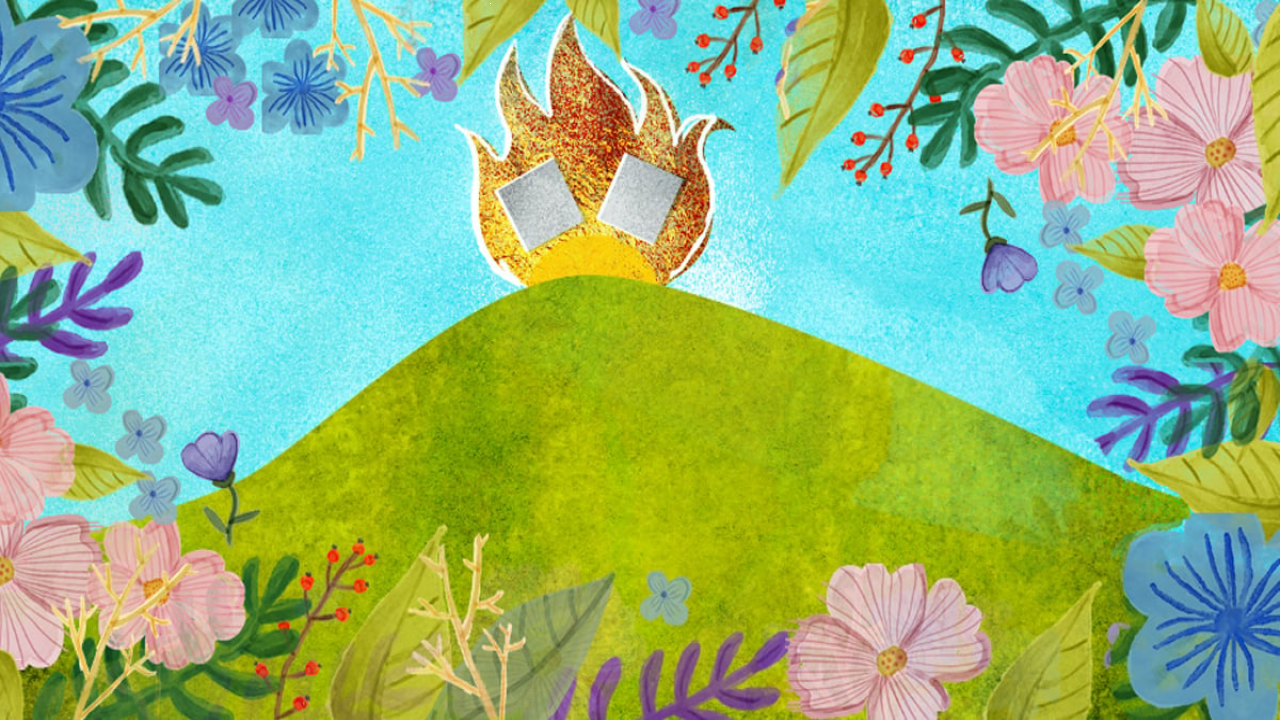What is Shavuot? – Current Updates (May, 2023)
Shavuot, also known as the Feast of Weeks, is a significant Jewish festival that holds historical and theological importance. Celebrated exactly 50 days or seven weeks after the second day of Passover, Shavuot commemorates the giving of the Torah at Mount Sinai and the first-fruits harvest.
The Giving of the Torah
Shavuot centers around the significant occurrence of the presentation of the Torah. According to Jewish tradition, after the Israelites were liberated from slavery in Egypt, they journeyed through the desert and arrived at Mount Sinai. It was at this sacred site that Moses received the Torah directly from God, including the Ten Commandments and other teachings that form the foundation of Jewish law and ethics.
Tikkun Leil Shavuot: Night-Long Torah Study
An integral part of Shavuot is the tradition of Tikkun Leil Shavuot, a night-long Torah study. Participants engage in in-depth study and reflection on the teachings of the Torah, demonstrating their eagerness to receive and learn from its wisdom. This study session fosters a deep connection to Jewish heritage and facilitates personal and communal spiritual growth.
Dairy Products: Symbolizing Abundance
One unique aspect of Shavuot is the consumption of dairy products. This tradition symbolizes the abundance of the land of Israel and its flourishing agricultural produce. Cheesecakes, blintzes, and other dairy delicacies are enjoyed during the festival, reminding individuals of the richness and blessings bestowed upon them.
Harvest Season and Agricultural Significance
Shavuot coincides with the harvest season, signifying its agricultural significance. In ancient times, Jews would offer their first fruits at the Temple in Jerusalem as an expression of gratitude to God. This connection to the land and its bountiful produce continues to be commemorated during Shavuot, highlighting the importance of agricultural blessings.
Symbolism of Flowers and Greenery
On Shavuot, households and synagogues are embellished with blooms and verdant elements. This act symbolizes the blossoming of the land following the spring harvest. The vibrant colors and fragrances represent the beauty of nature and the rejuvenation of the earth. Some communities even organize processions where baskets of flowers and fruits are carried, celebrating the abundance of the season.
The Significance of the Torah in Jewish Life
Shavuot serves as a reminder of the central role the Torah plays in Jewish life. It commemorates the giving of divine wisdom and the ethical principles that guide individuals on their spiritual journeys. The festival provides an opportunity for reflection, study, and gratitude for the gift of knowledge and the teachings of the Torah.
Month: Current Affairs - May, 2023
Category: Art & Culture Current Affairs


